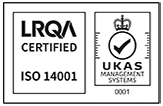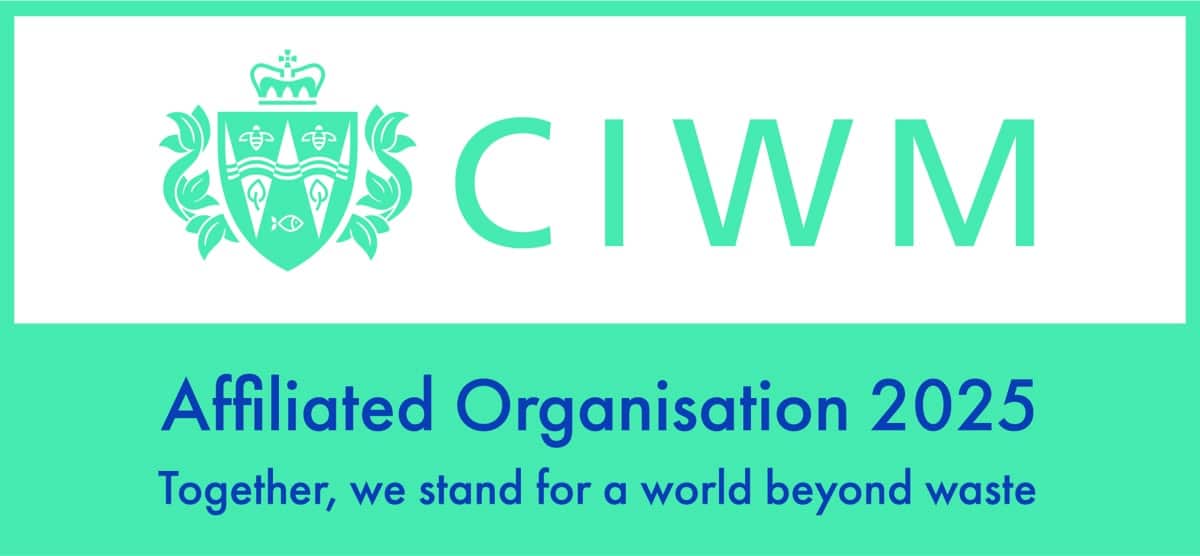
As 2019 comes to a close, we look ahead to a new decade and think about what needs to be done to protect our planet against the waste crisis. From small steps in households, to seismic shifts in manufacturing and industry, waste management requires creative thinking from all angles.
Increase household recycling
There’s an EU target for the UK to recycle at least 50% of household waste by 2020. UK recycling rates have plateaued in recent years, so campaigns by Recycle Now and Keep Britain Tidy are looking at ways to increase our recycling rates. Rabbit has compiled some tips to waste less and recycle more too. Remember that when you put waste in a skip, the recyclable materials are sorted for you.
Reduce consumption
A crackdown on single-use plastics, including plastic bottles, has attracted much attention and support in 2019, which now needs extending into 2020. As a significant contributor to overconsumption, the fashion industry has had the spotlight cast on it. A parliamentary paper revealed that more than $500bn of value is lost every year because of under utilising clothing and the lack of recycling.
Turn waste into energy
Market analyst Grand View Research expects Energy from Waste plants like ours at Rabbit to be a $37.64bn world industry by 2020. Our EfW facility burns non-recyclable waste, generating enough green power for 8,000 homes and diverts waste away from problematic landfill sites.
Tackle ‘fatbergs’
Fatbergs are large masses of solid waste in our sewers. They mostly consist of fat, oils, baby wipes and sanitary products, incorrectly put down drains or flushed away. Industries have united to tackle these scourges, working out ways to transform them into green fuels. But preventing them is essential, and these tips from Thames Water show you how.
Address food waste
Food waste is a colossal problem, and not just from households. WRAP has said that the catering and hospitality industry creates over 600,000 tonnes of avoidable food waste every year. Forward-thinking organisations such as Winnow Vision have developed bins with smart cameras to assess what types of food are being thrown away to identify trends. This data can be used to help restaurant managers make informed decisions about their food choices.
Embrace the circular economy
Although Energy from Waste facilities are an environmentally better option for non-recyclable materials than landfills, recycling is the gold standard. The circular economy, where items are reprocessed and resources returned to manufacturers, will continue to be at the forefront of thought in 2020.
Increase recyclable materials
While our industries continue to innovate, thought must be given to its end-of-life too, to embrace the notion of a circular economy fully. For example, while products like carbon fibre revolutionise transport, it’s currently challenging to re-use or recycle. Similarly, steps are being taken to recycle coffee cups, but at the moment, it’s still at crisis point.
Focus on biotechnologies
Biotechnology converts waste into useful products. Carbon-rich waste can be turned into biofuels, thanks to a gas fermentation technology. Research into phytoremediation uses plants to remove contaminants in soils, surface water and groundwater in an effective and ecologically friendly clean-up technology. Leveraging biotech, alongside a menu of other waste-beating initiatives, will be essential into 2020 and beyond.
To find out more about skip hire in West Sussex and our Energy from Waste facility, contact Rabbit. Reach us on 01903 762020 or email info@rabbitgroup.co.uk.




